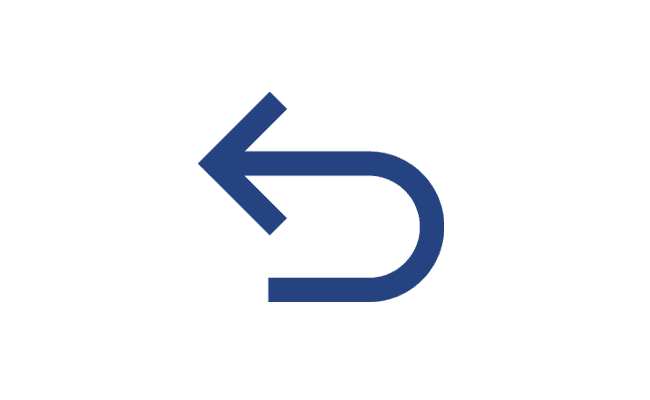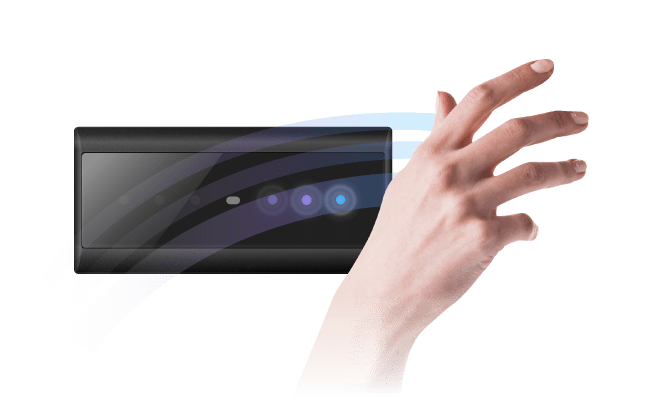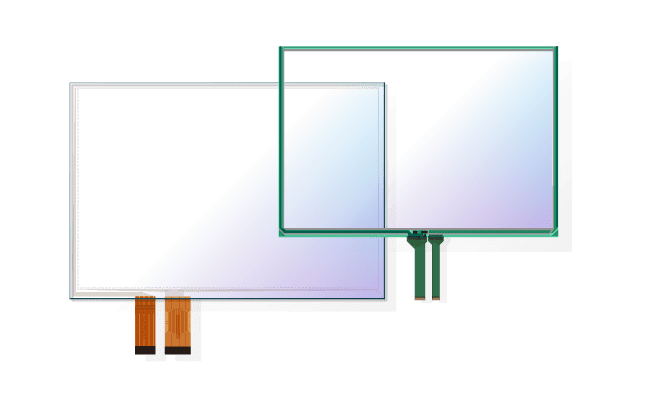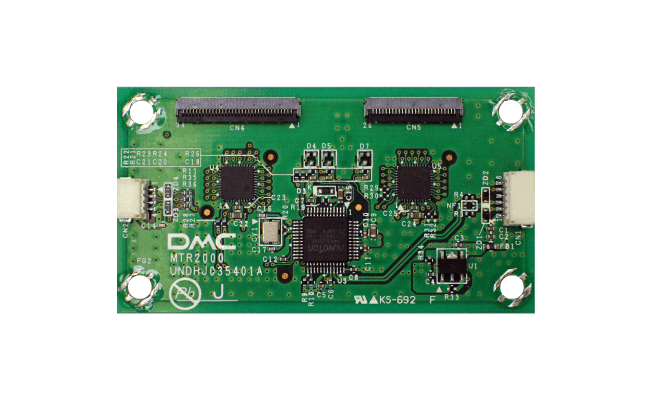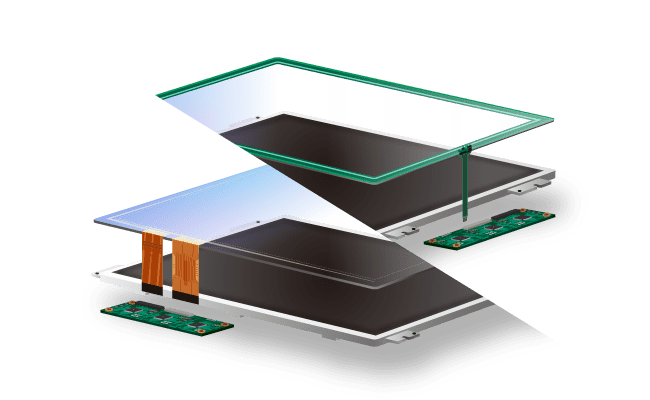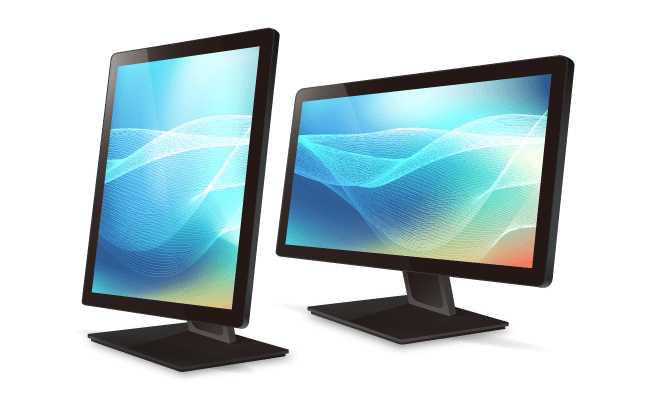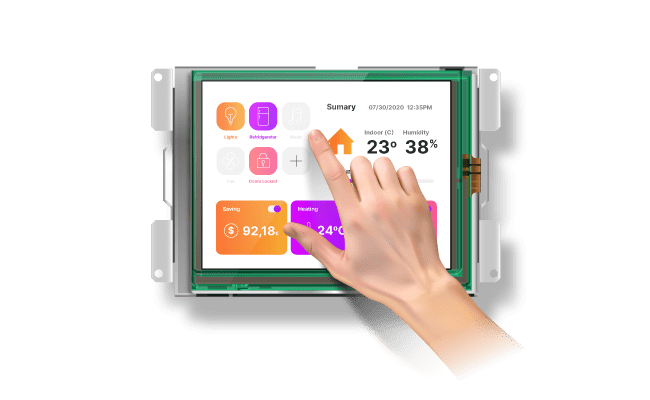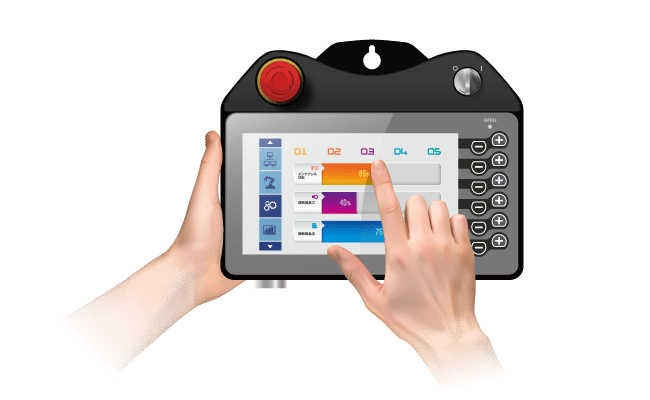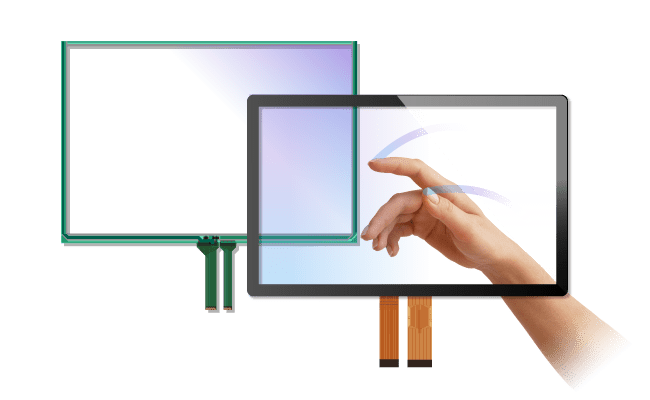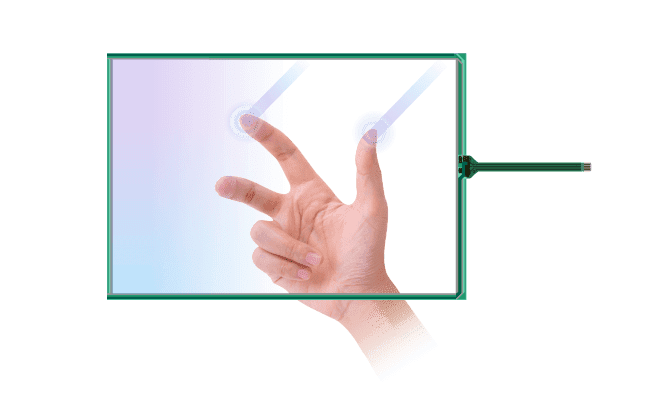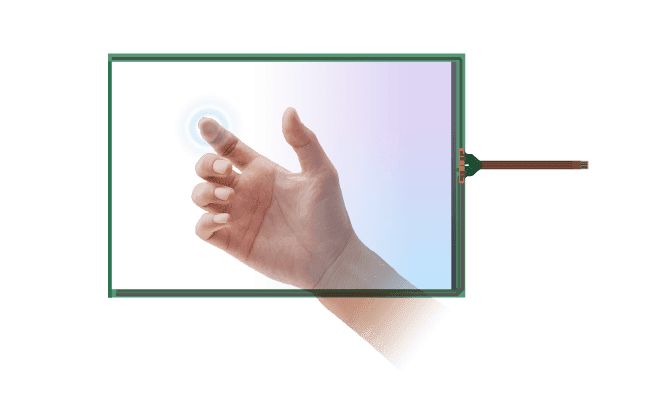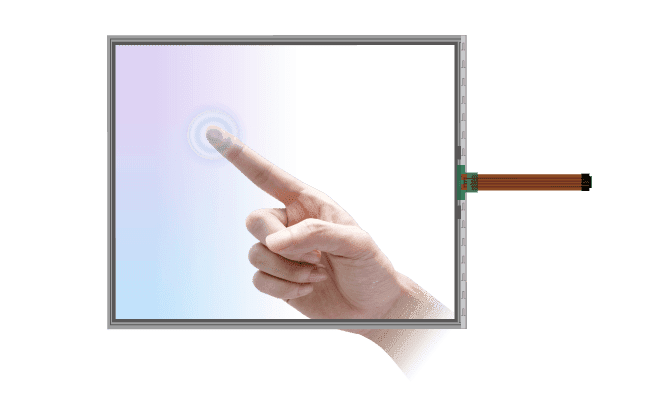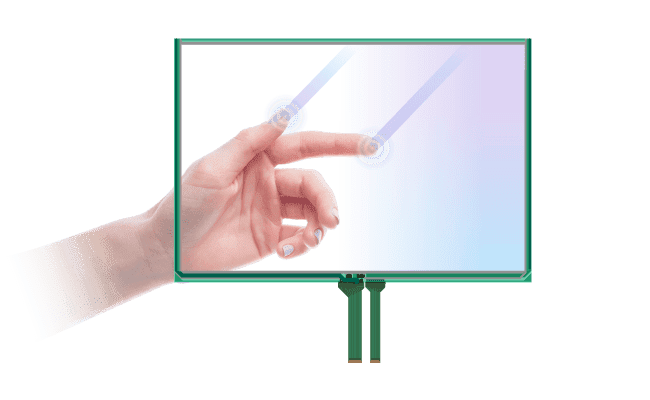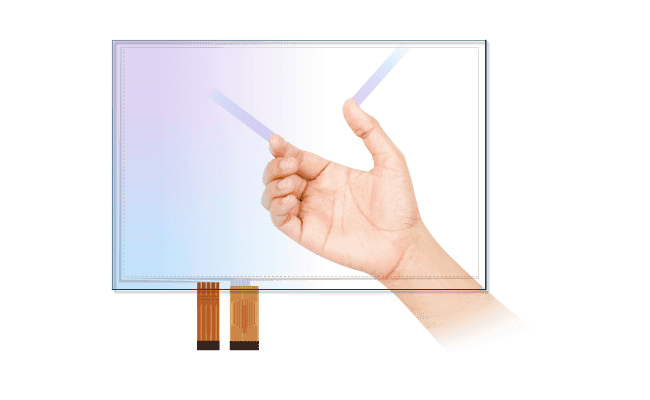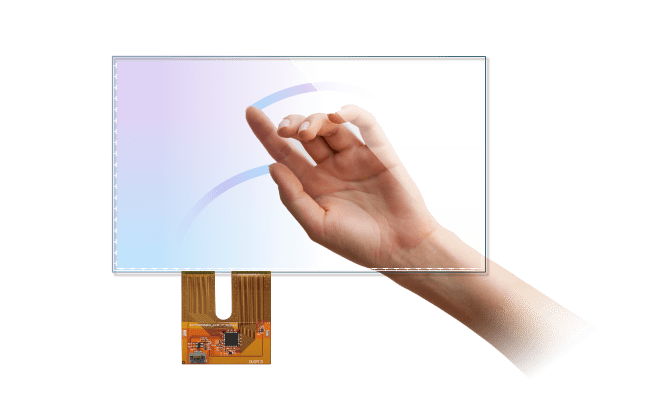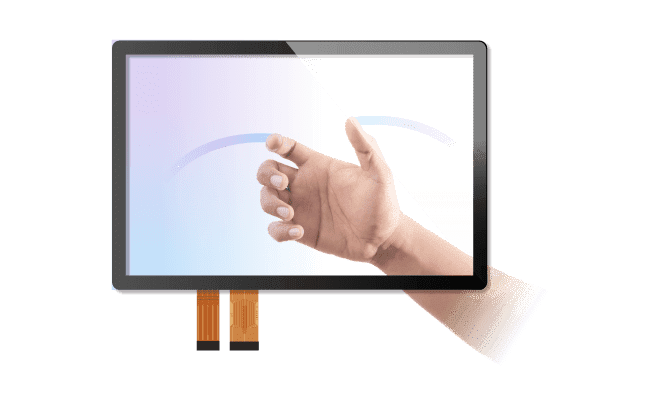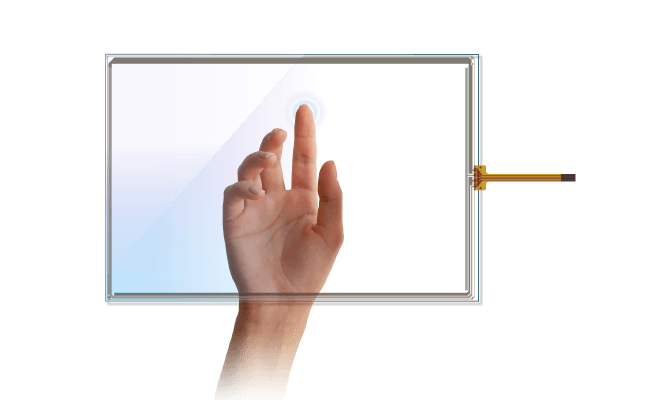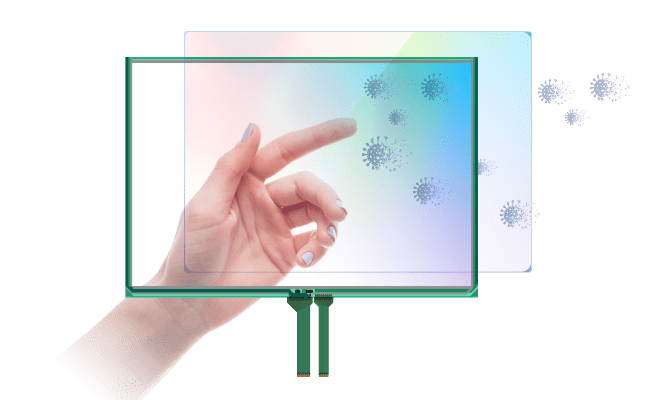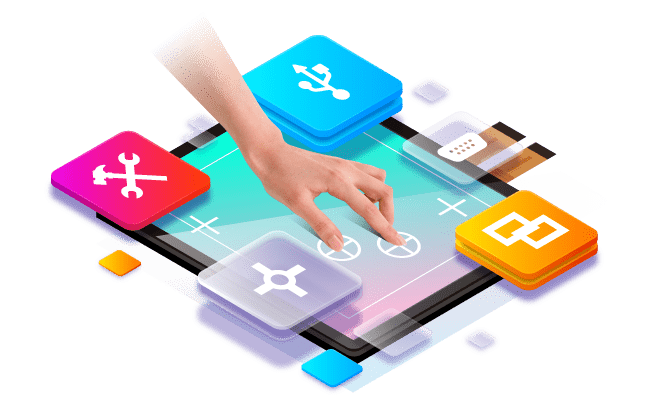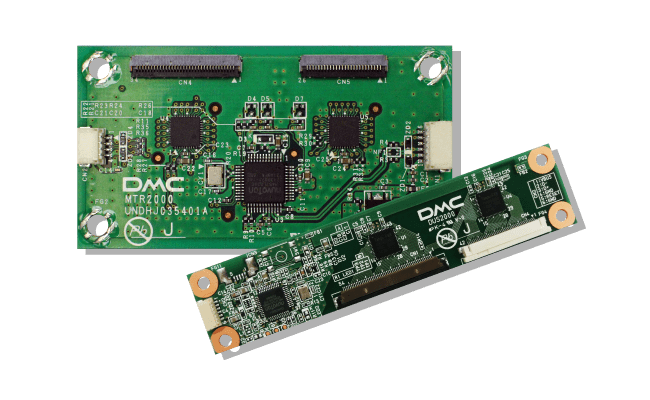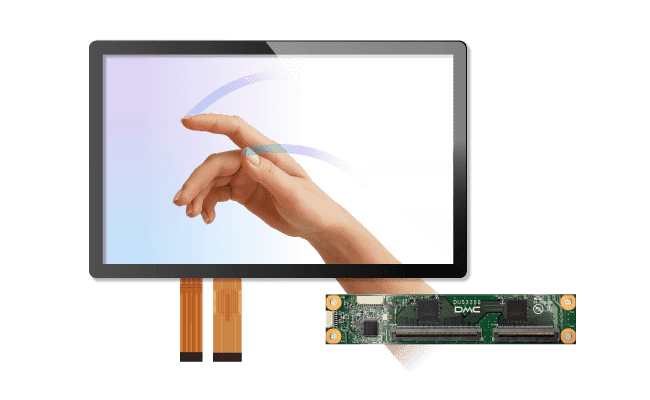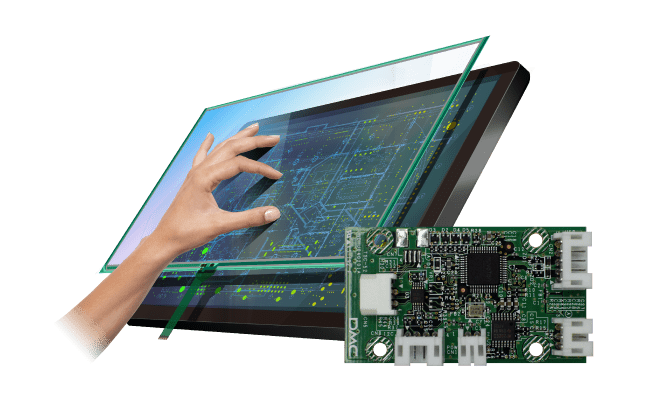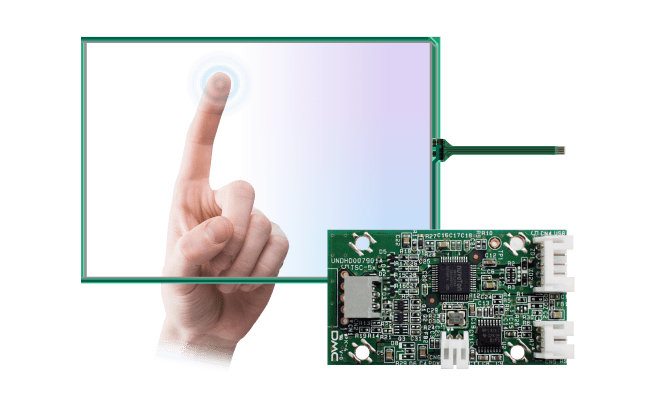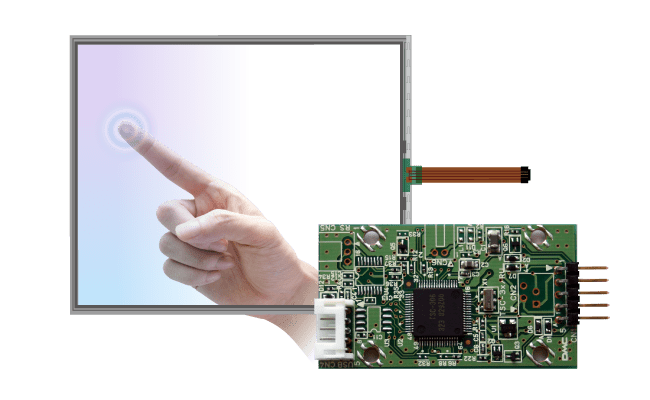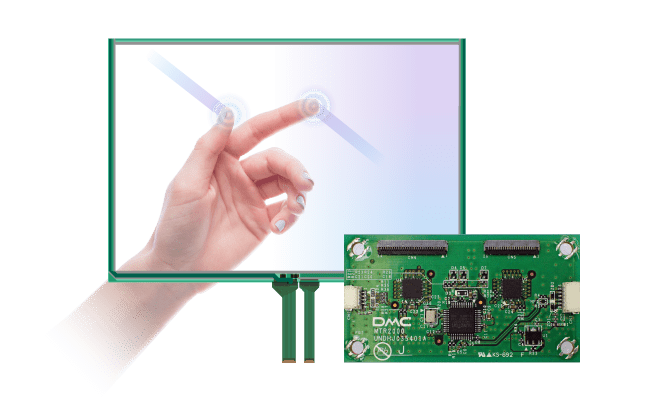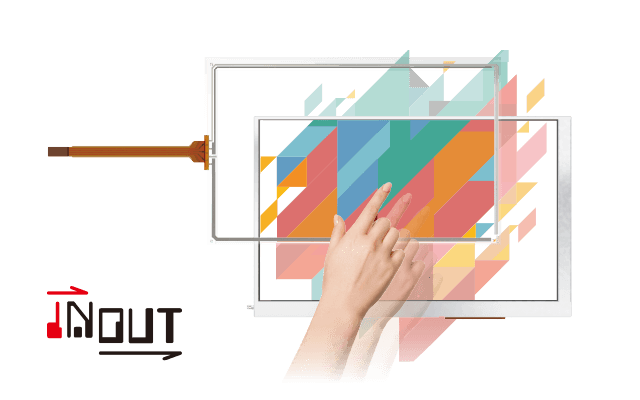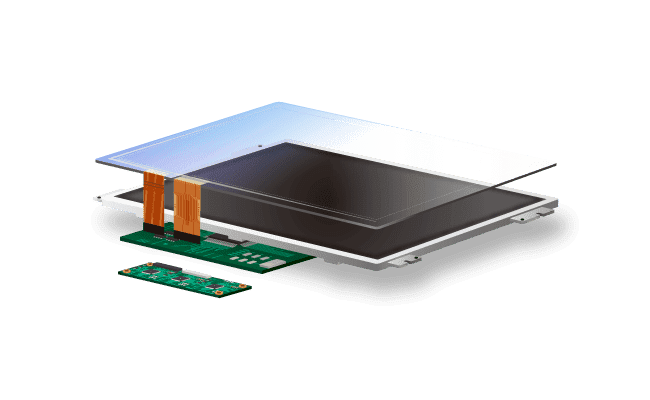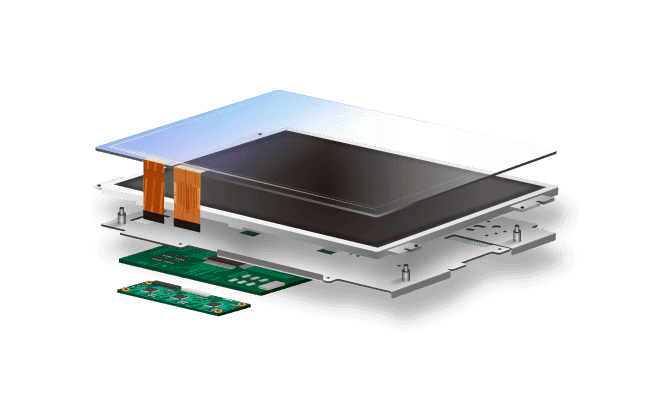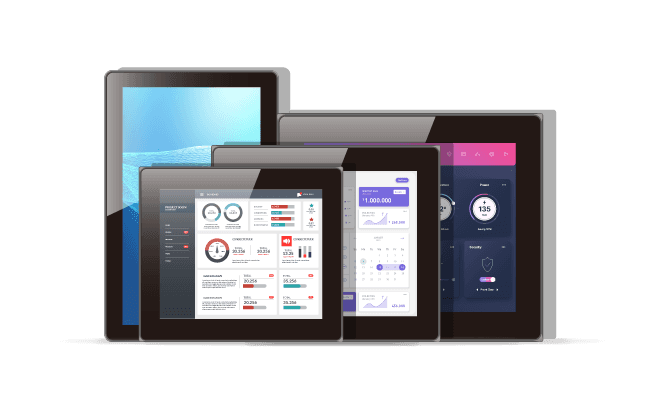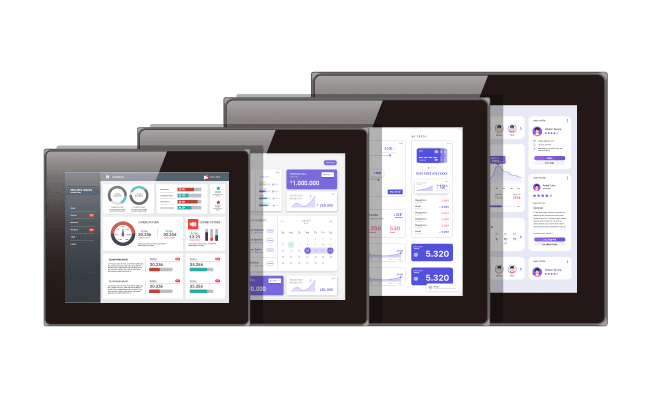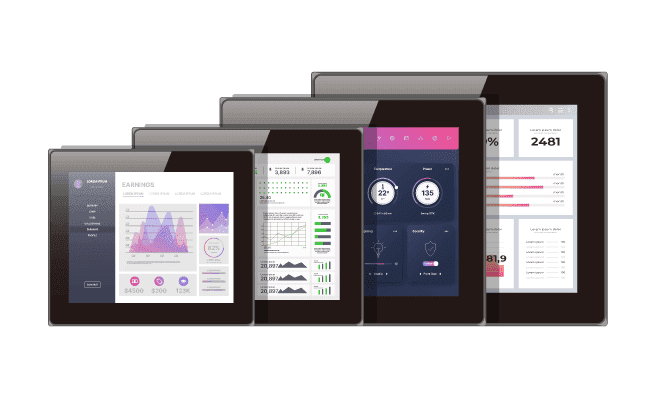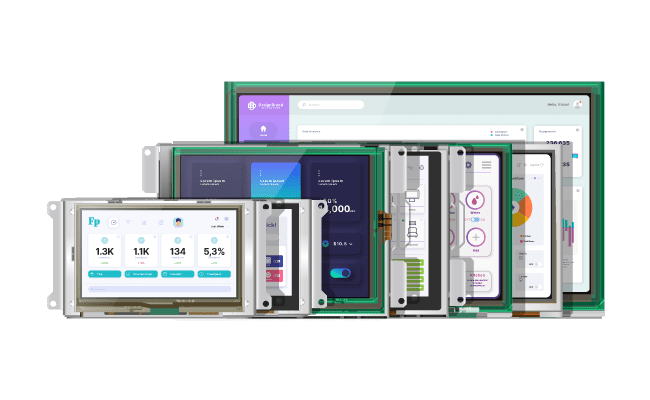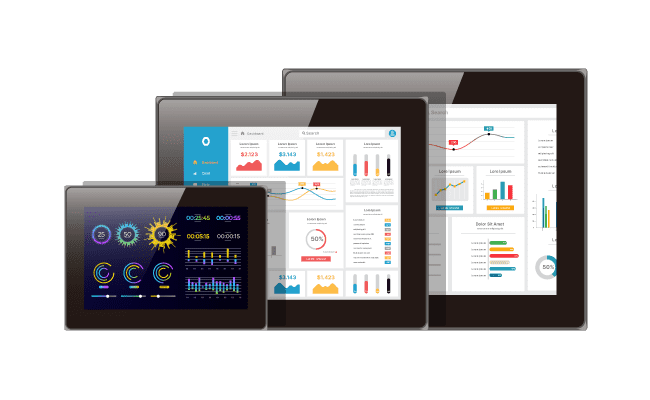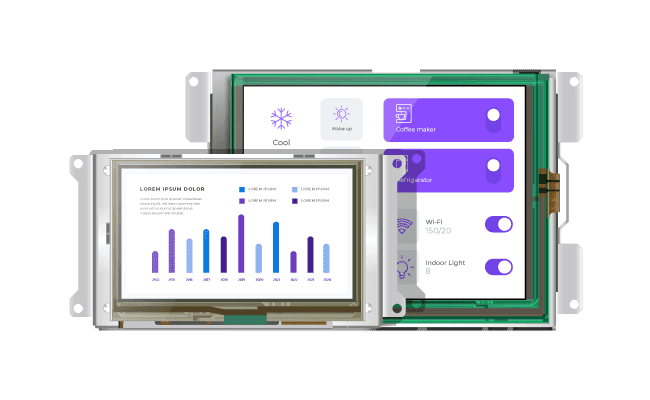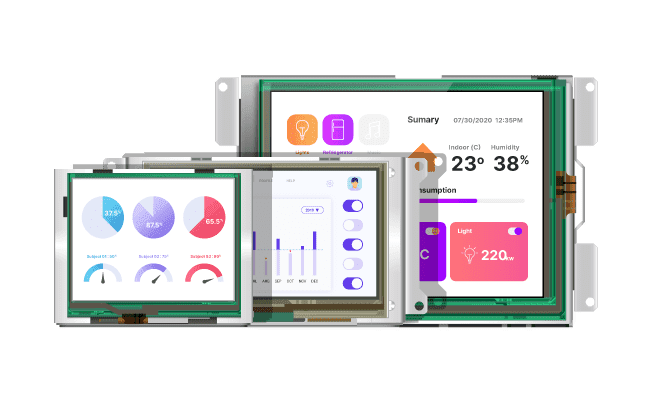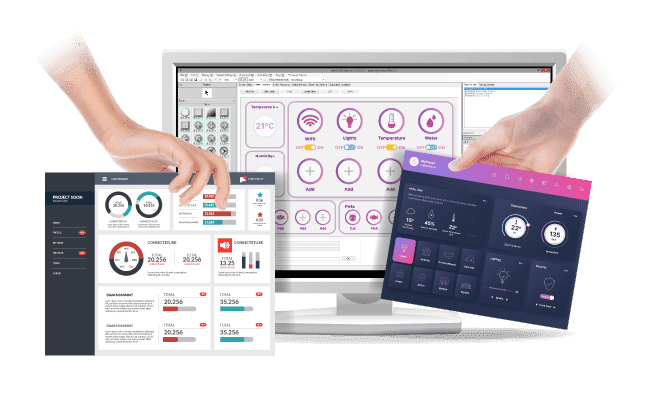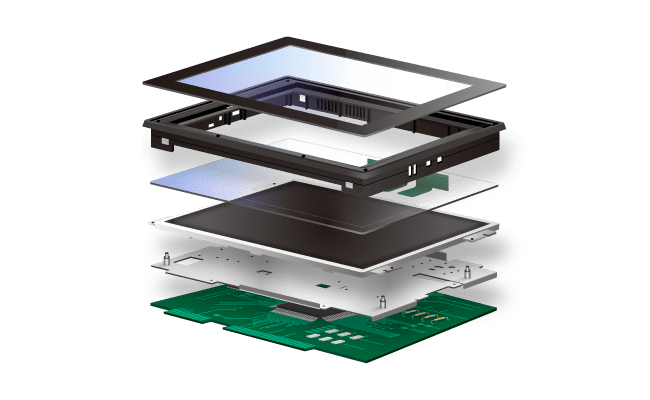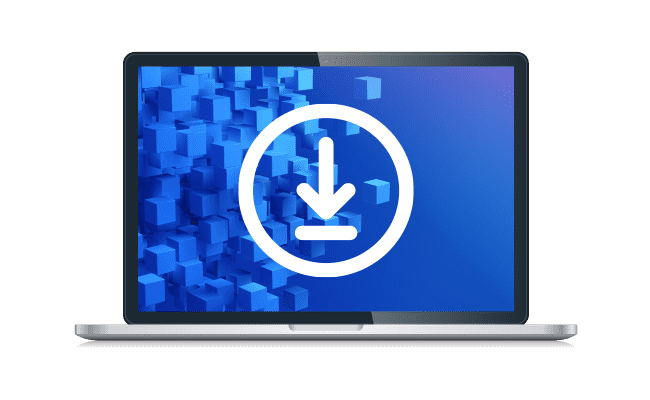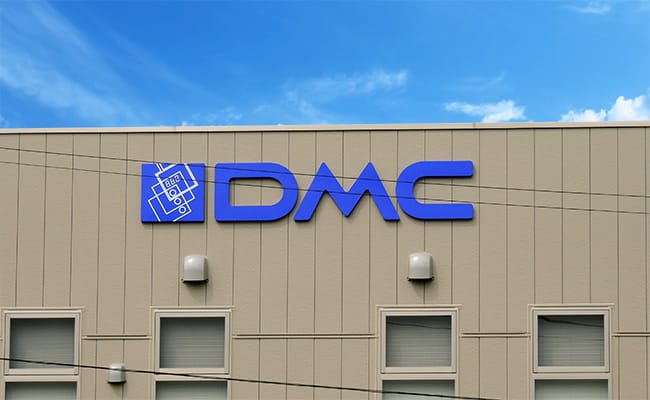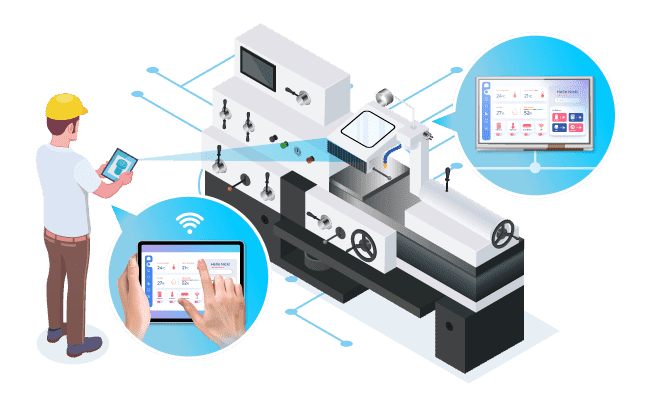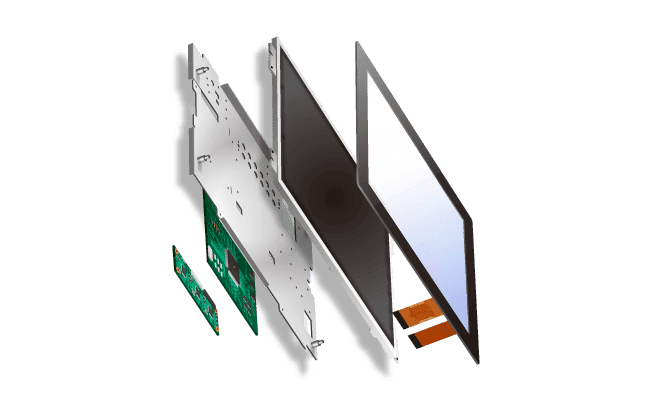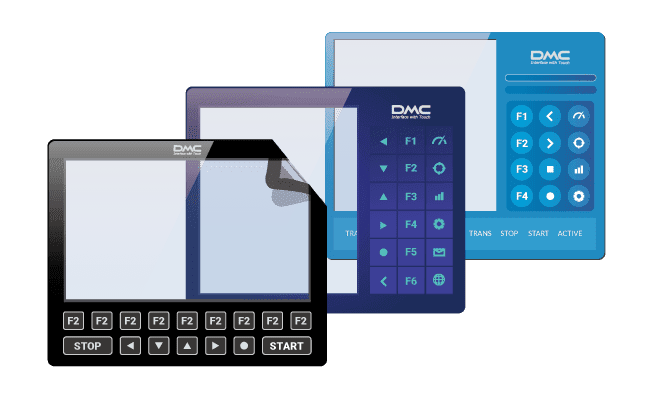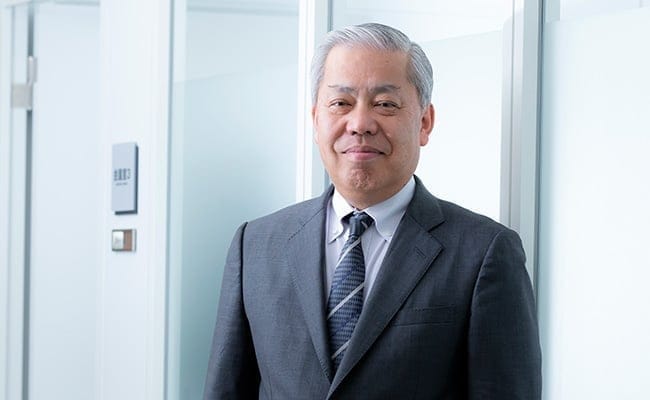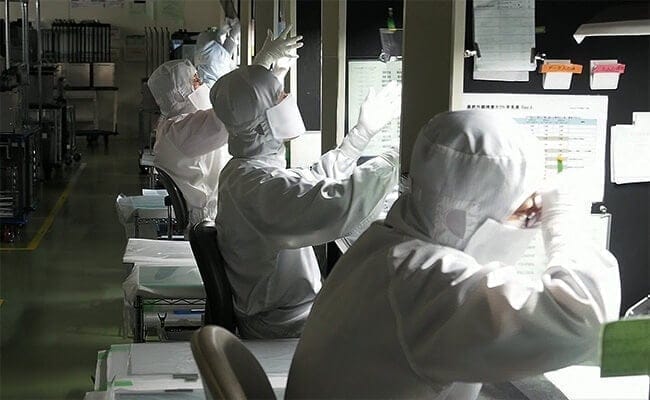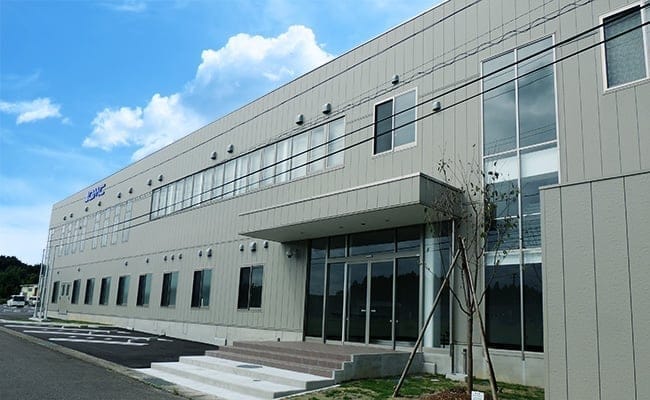Corporate Management & Sustainability
Challenge Today for an Exciting Tomorrow.
USCO Group engages in electronics-related business for industrial applications
- DMC Co., Ltd.
- DMC Iwaki Co., Ltd.
- Unitec Co., Ltd.
- GUGEN, Inc.
- USCO America Inc.
- PT.DMC TEKNOLOGI INDONESIA
Our corporate group consists of the above six companies and five other truck-related companies.
Corporate Philosophy
Growing together with our customers by taking on challenges with passion and pride, and pursuing an “exciting tomorrow” with happiness and sustainability both physically and spiritually
DMC is a member of the USCO Group, whose motto is “Challenging Today for an Exciting Tomorrow,” and following this philosophy, all employees work together to contribute to the affluence and sustainability of the society.
DMC’s Management Philosophy Structure
-
![]()
-
PhilosophyGrowing together with our customers by taking on challenges with passion and pride, and pursuing an “exciting tomorrow” with happiness and sustainability both physically and spiritually
Mission- Creation of more user-friendly interfaces for industrial equipment
- To be a company consistently trusted and needed by customers through creating optimal solutions with the spirit of continuity and change
Vision- Leading interface solutions company
- 101-year-old company consistently growing and adapting to change
-
Policy
- We promote fair, transparent, and free competition and strive to ensure appropriate transactions in accordance with rules and principles.
- We work on procurement, production, and sales in a socially and environmentally friendly fashion and contribute to the realization of a sustainable society.
- We aim to grow together with our customers by providing them with the highest value.
- We respect the individuality of all employees under a safe and secure working environment and aim to achieve the personal growth and company development through our business.
- We respect the culture and customs of our customers around the world and contribute to the development of local communities through business activities.
-
Medium
Term- To be a company that can be relied upon
- To be a company that grows together with its partners (customers and suppliers = partners)
- To deepen (evolve) the relationship with customers through DUSH’s unique proposals and product development
- Creation of an environment where employees are happy to work
- To build a system that can meet the quality, cost, and delivery requirements overseas
MeasuresPriority measures to be implemented during the current fiscal year based on the Medium-Term Management Plan
-
Action Plan (Departmental)
A PDCA cycle through monthly progress reports for each department
-
Challenge Sheet (Individual)
Confirm PDCA and personal growth through individual semiannual debriefing meetings (interviews)
DMC's Sustainability
Sustainability Concept
DMC products are used in equipment, machinery, and systems within the factory automation industry. Recently, expanded use in public services includes medical devices, showing the important social responsibility that DMC has accepted. We recognize that providing products, solutions and other services, returning our business achievements to society, and sincerely performing business activities while assuring product safety and security, environmental conservation, compliance with laws and regulations, respect for human rights, and fair and equitable transactions lead to the fulfillment of our social responsibility. We also recognize that participating in regional activities is an extremely important social responsibility, and we are always on the lookout for more ways to be involved.
Sustainability Promotion System
In order to promote the sustainability efforts of various departments in a unified manner, we have established a Standards Management Office within the General Administration Department under the direct control of the President as a system in which top management is involved in and manages sustainability activities. And, DMC leverages multidisciplinary cooperation with departments and divisions in charge of sustainability to ensure effective product safety and security, respect for human rights, labor practices, supply chain management, environmental conservation, and regional contribution. The Planning and Administration Office provides full support for these activities.
Approaches to Sustainable Development Goals (SDGs)
Business-Activities
We are working to meet the demands and expectations of various stakeholders in relation to the SDGs.
Relationship between SDGs and DMC Business
| Related Goals | DMC Approaches with SDGs |
|---|
Stakeholder Engagement
DMC strives to communicate with stakeholders through a wide range of systems to ensure that it remains a company capable of contributing fully to the society we serve. We report opinions of our stakeholders to the top management and reflect them to management activities with stakeholder engagement as the top priority. Stakeholder engagement is overseen by the departments that have close relationships with stakeholders. The feedback we receive from stakeholders through engagement is also reported to management to be reflected in, and determine the direction of, our business activities.
Stakeholder-Engagement
| Stakeholders | Details | Means of Communication | Major Responsibilities and Issues |
|---|
DMC Group Mid- and Long-term Sustainability Policies
Although we worked to achieve our goals, we did not achieve satisfactory results for half of the items, leaving issues still to be addressed. In 2025, we will make improvements and work toward eliminating these issues.
Mid-to-Long-Term-Policy
| Fields | Mid- and Long-term Policies | FY2024 Targets | Asses- sment |
FY2024 Achievements | FY2025 Targets | Contribution to SDGs |
|---|
- * For permanent employees in Japan



